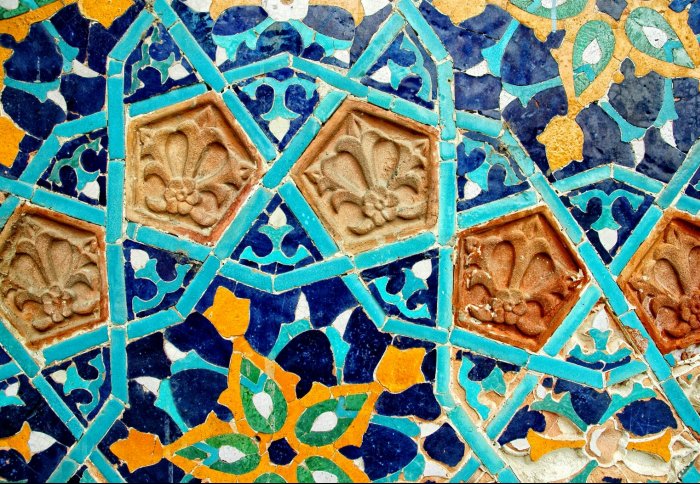Prince/Princess of Arabic Calligraphy Competition

The Centre for Languages, Culture and Communication is pleased to announce that the competition is now open.
Current and past students of Arabic at Imperial are invited to participate and may choose any calligraphic style: traditional, modern, a combination of more than one style or their own new technique. You may wish to include images as a backdrop for your work to reinforce your message, provide subtle nuances or suggest a contrast.
Contributions will be judged on:
1. Brevity, effectiveness, and communicative force of the intended message,
2. Artistic/aesthetic accomplishment,
3. Originality,
4. Fulfilment of the chosen task in a tactful manner and with due consideration to current global and political issues, where relevant.
The content may relate to:
1) Arabic culture, tradition and/or art,
2) Arabic in the world and/or the world in Arabic in the 21st century,
3) The contribution of Arabic to advances in science
4) Other topics of the contributor’s choice.
The judging panel reserves the right to ask any competitor(s) to sit a test to ascertain ownership of the submitted work. The winner of the title, Imperial’s Prince/Princess of Arabic Calligraphy, will be announced around the last week of September 2017.
Participants are invited to submit their contributions via Blackboard Learn, with a completed Plagiarism/collusion declaration form, by Fri 23rd June 2017. Past students of Arabic, who may not have access to Blackboard Learn, can email their work with the completed Plagiarism/collusion form, to Dr Mashail Haydar Ali on: mashail.ali@imperial.ac.uk. The form can be accessed via this link: http://www.imperial.ac.uk/media/imperial-college/administration-and-support-services/centre-for-languages-culture-and-communications/languages/public/Language-Plagiarism-Form-2015-16.pdf
Article text (excluding photos or graphics) © Imperial College London.
Photos and graphics subject to third party copyright used with permission or © Imperial College London.
Reporter
Ms Jackie Twitchett
Centre for Languages, Culture and Communication